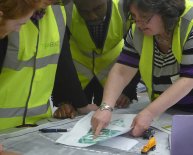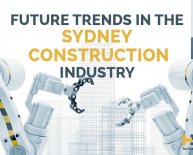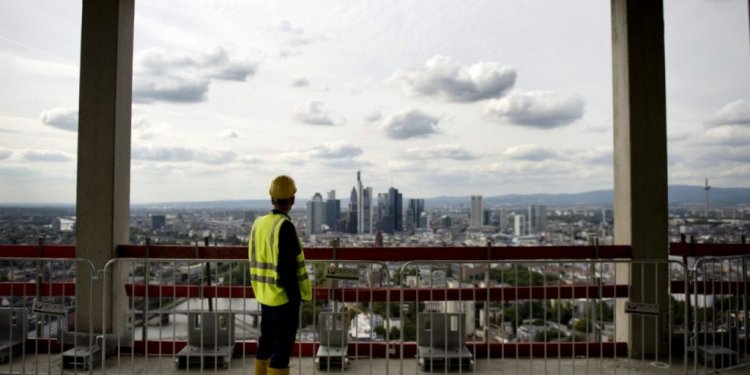
Future of the Construction industry
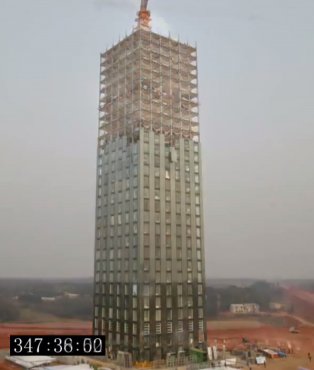 Imagine a 57-story tower built-in just 19 days.
Imagine a 57-story tower built-in just 19 days.
That’s exactly what China’s wide Sustainable Building (BSB) organization only did. Constructed at a rate of three stories a day, the tower includes 800 apartments, 19 atriums, and office space for 4, 000 individuals.
And BSB is not the only one using this type of committed plan for the ongoing future of construction. The is going into the age the mass-manufactured building.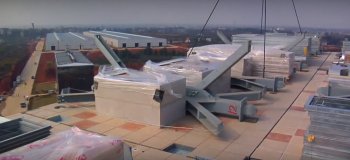 Prefabrication keeps growing up, reaching a amount of maturity which today planning to change the industry and define brand-new types of building. Check the trailer-park stereotype during the home.
Prefabrication keeps growing up, reaching a amount of maturity which today planning to change the industry and define brand-new types of building. Check the trailer-park stereotype during the home.
Although the building of BSB’s tower is staggering in its speed, the style isn’t brand-new. For past ten years, there's been a lot of explore the inefficiencies associated with building industry and the should seek out production techniques.
It's happened in pouches, however now that surge is truly taking off and going beyond the standard stuff: steel, curtain wall surface panels, cabinetry. There’s a huge rush to prefabrication—from whole restrooms “plopped” into location to hospitals with whole flooring integrated days rather than days.
Considering that the strategy is element of building for many years, the obvious question is: Why is prefab gaining such traction? Like the majority of things with design and building, it is difficult.
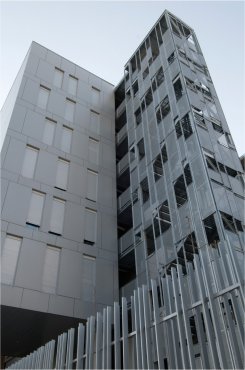 the reason why today? innovative changes don’t come-along often when you look at the building industry, so when they do, often a confluence of things pushes those changes ahead. Prefabricated architecture, often also referred to as “assembled design, ” seems to-be those types of changes. Before decade, various crucial activities shaped the transformation of “manufacturing buildings” from hyperbole (or desperate banality) to reality.
the reason why today? innovative changes don’t come-along often when you look at the building industry, so when they do, often a confluence of things pushes those changes ahead. Prefabricated architecture, often also referred to as “assembled design, ” seems to-be those types of changes. Before decade, various crucial activities shaped the transformation of “manufacturing buildings” from hyperbole (or desperate banality) to reality.
Initially, there’s the increasing utilization of digital models paired with ever-cooler fabrication methodologies. New “making” practices such as for instance additive manufacturing and 3D publishing, much more robotics both on and off the work internet sites, CNC-controlled technologies, as well as laser scanning for area confirmation tend to be significant influencers. Collaborative project-delivery designs such as built-in task delivery—which place information sharing at a premium—are moving toward much more integration, too. Early signs declare that robots might-be as vital that you building, ultimately, as folks.



